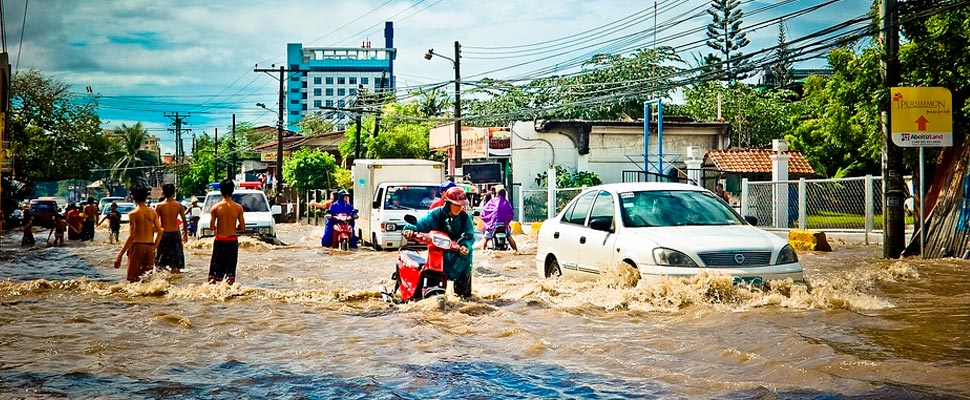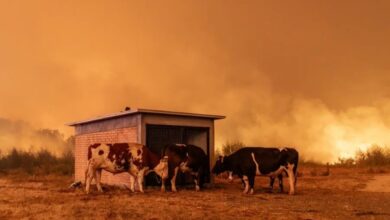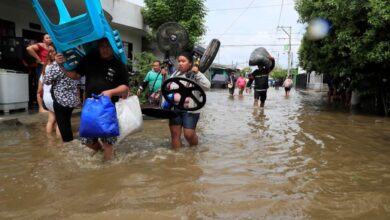Cloud-based electronic system may help to better react to natural disasters
Every year natural disasters kill around 90,000 people and affect close to 160 million people worldwide, according to the World Health Organization. Such disasters also result in the destruction of the physical environment of the affected people.

Researchers developed a tool to help first responders in natural disasters. / Photo: Pixabay
EurekAlert | Purdue University
Listen to this article
Leer en español: Este sistema permitirá mejorar la atención en desastres naturales
Now, Purdue University researchers have developed a new tool to help first responders and disaster relief organizations better provide assistance to developing countries. The Purdue team created a cloud-based supply chain management system for emergency response to track inventory and distribution in countries struck by disasters.
"Our system is a step forward in bringing better aid to those impacted by horrific natural disasters and other events," said Yuehwern Yih, a professor of industrial engineering in Purdue's College of Engineering, who leads the research team. "Our novel system combines inventory and distribution tracking in one easy-to-use platform. A key element is that everything has a footprint within the system and can be tracked."
Yih is academic director of the Long-term Assistance and Services for Research, Partners for University-Led Solutions Engine Consortium, associate director of the Regenstrief Center for Healthcare Engineering and director of the Smart Systems and Operational Laboratory at Purdue.
Also read: How eradicating certain species can protect a forest
Yih started working with Catholic Relief Services on a project to support refugee camps on Turkey borders to understand the supply chain operation in emergency response and humanitarian aids.
Yih and her research team worked with first responders to understand their needs when responding to areas hit by natural disasters or other catastrophic events. The Purdue system is meant to replace paper forms and ad hoc spreadsheets that are commonly used in developing countries to track things such as medical supplies, food, water and shelter.
"We want our system to improve the outcomes for those impacted by disasters," Yih said. "Our tests have shown that the Purdue system can provide real-time data to allow better tracking of supplies and aid so that help reaches those most in need."
Data can be entered offline to later be synced to the system via WiFi or network connections. The entire life cycle of items in the system can be traced, such as who delivered the item, which warehouse it was stored, which vendor the item was purchased from and names of people involved in each transaction.
The Purdue team also plans to use the platform to analyze data from disaster responses to better understand trends and risk factors and help first responders prepare for future incidents.




